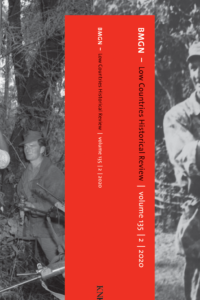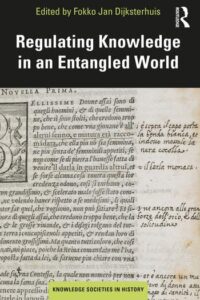The vast theoretical literature on why soldiers rape in wartime stands in contrast to the scarce, fragmented and scattered accounts about rape that one can find in court cases, fleeting references in soldiers’ diaries and hesitantly spoken testimonies of victims. This contrast calls for us to pay closer attention to why we know what we do, and why so many blind spots persist: what can this tell us about the dynamics and politicisation of rape in wartime? This article begins to answer these questions through a comparison of rape committed by European militaries during the Indonesian War of Independence (1945-1949) and the Algerian War of Independence (1954-1962). In both conflicts, sources suggest that the rape of colonised women by Dutch and French troops was widespread. This observation stands in stark contrast to the limited number of court cases or to the rare occasions in which victims were heard. In Indonesia there appear to have been proportionally more prosecutions, whilst in Algeria the rape of Algerian women by French militaries was much more publicised.
Publication available in open access (article in Dutch)


